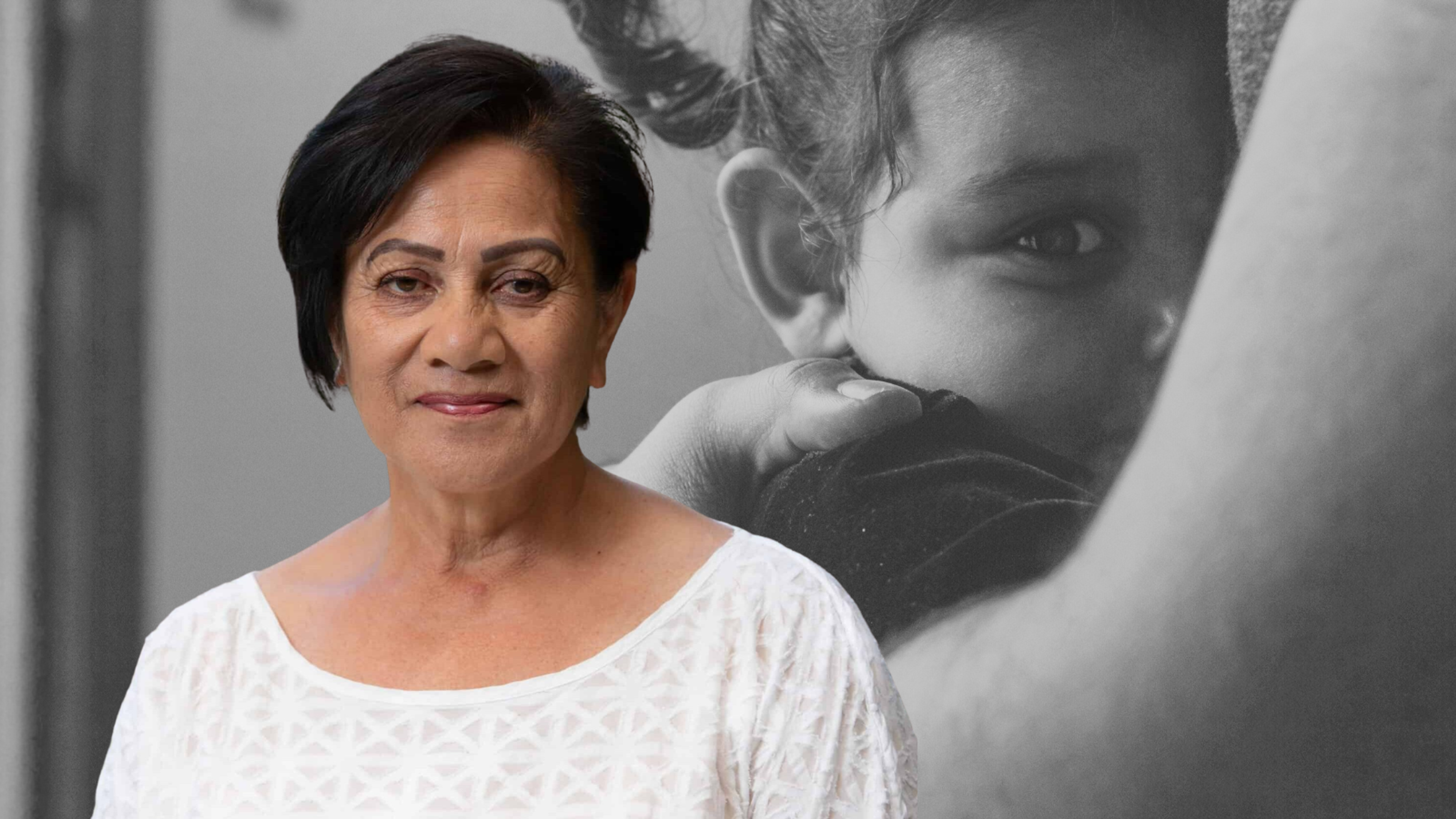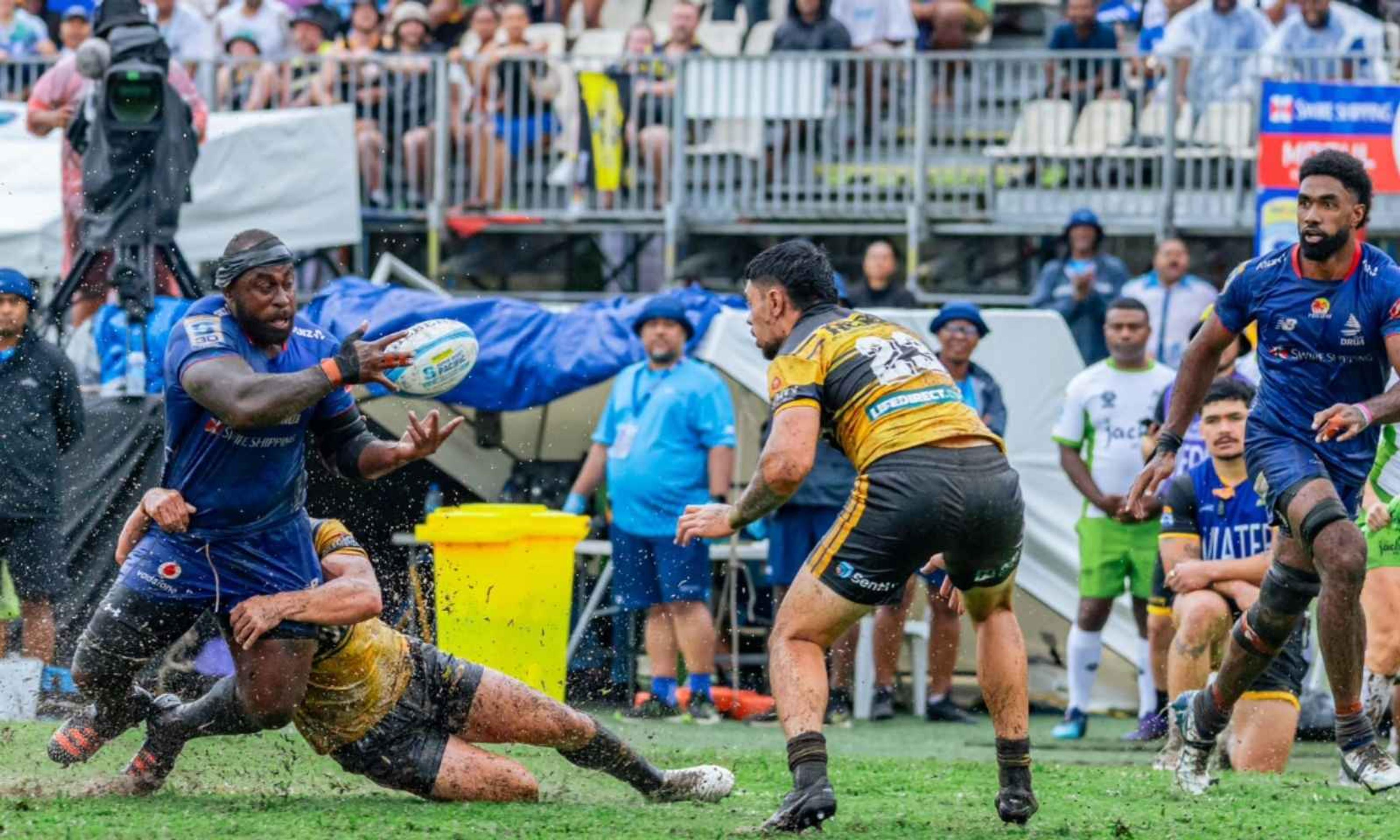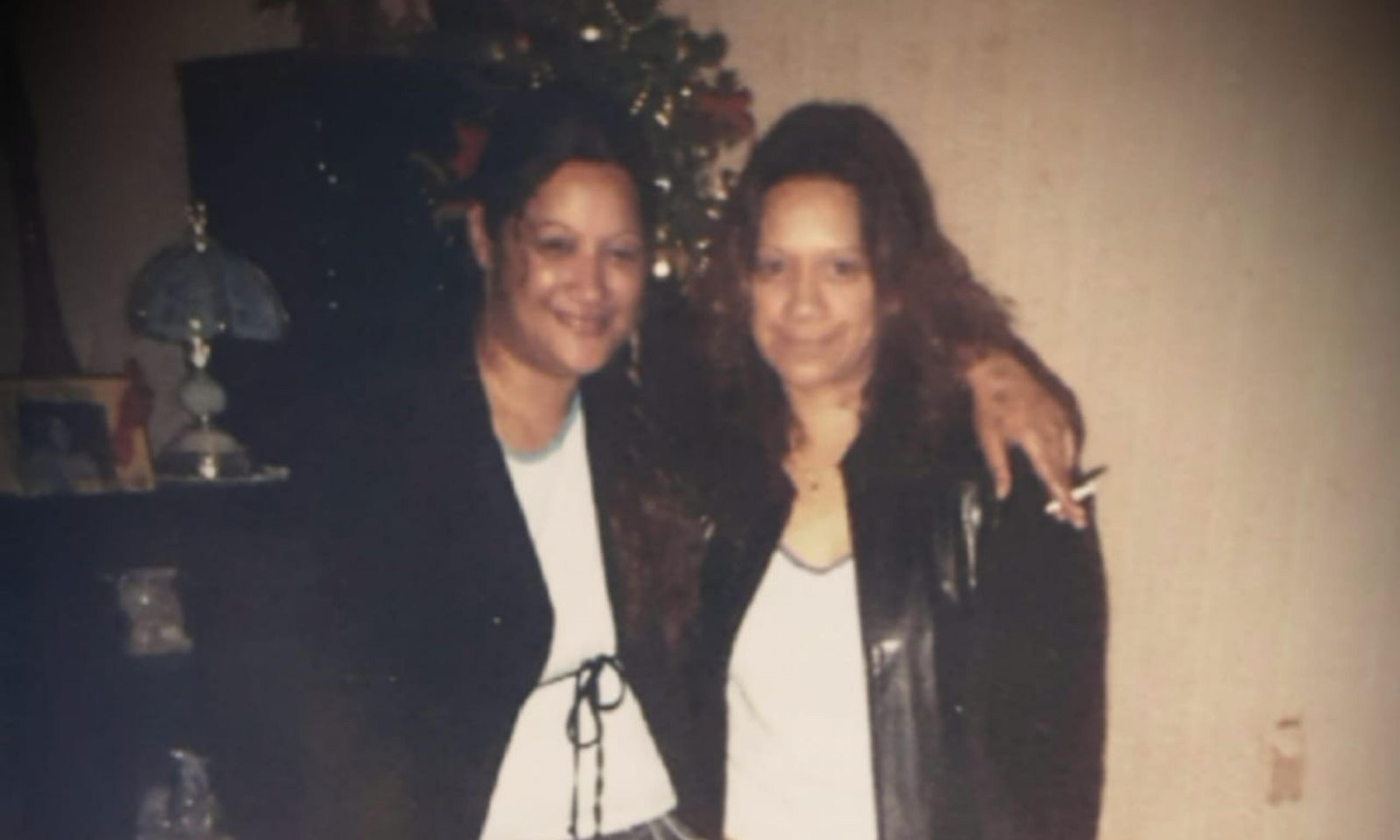

Development organisation ChildFund is urging communities, business and political leaders to improve access to clean water in the Pacific.
Photo/Abigail Keenan via Unsplash
Dirty water causing health, education crisis in the Pacific - NGO
ChildFund New Zealand CEO Josie Pagani highlights the alarming impacts of contaminated water in remote communities in the region.


‘Don’t suffer in silence’: Pacific families see spike in violent crime


The time when aunty, at age 11, threw a knife at grandpa over mum

NRL’s record millions but what does it mean for the Pacific Islands' other rugby code?

‘Don’t suffer in silence’: Pacific families see spike in violent crime


The time when aunty, at age 11, threw a knife at grandpa over mum
In remote corners of the Pacific, a lack of access to clean water is causing dire consequences for children’s health and education.
"These are completely preventable deaths and illnesses, and we can do something about it really easily," said Josie Pagani, chief executive of international development organisation ChildFund.
Pagani said contaminated water could sometimes lead to fatal outcomes.
"One in 10 deaths of children under five in Kiribati is related to diarrhoea or vomiting caused by dirty water.
“It’s not just water that you’re drinking. It’s water that you’re washing your hands in, you’re cleaning yourself in, it’s water that you’re cooking in, so you can’t avoid it.”
Speaking to William Terite on Pacific Mornings, Pagani said the issue varied across the region.
“You’ve got very remote islands, 33 atolls spread across blue Pacific ocean … so that means the water level is only a few metres below ground and it gets contaminated by salt water.
“In Temotu Province, it’s a far eastern province of Solomon Islands … you’ve got children who are having to walk up to two hours a day there and back to get clean water.
“So the consequences of that are huge; you’re not necessarily attending a full day of school, and if you’re able to get that water, you’re getting sick.”
Pagani said a lack of clean water was also evident in delayed physical and mental development.
“Most people think of stunting as low growth; your body doesn’t physically develop, but it’s not just your body, it’s your brain.”
An issue close to Pacific communities in NZ
Tongan actor JP Foliaki highlighted the plight of children’s access to water in the Pacific. In October, he won Celebrity Treasure Island and donated his $110k winnings to ChildFund Water Run.
Speaking to NiuFM’s The Morning Shack, Foliaki said the victory served a bigger purpose.
“When I won the first 5k for the charity, that allowed 21 families to have access to a resource that cleans water just for them to be able to drink, so with 110k, man, they’re going to be able to do so much.”
In February, Green MP Fa’anana Efeso Collins collapsed and died at an event for the same charity, prompting a surge of donations on his behalf.
Community-led solutions crucial
Although many aid agencies work in the Pacific, Pagani said getting local advice on what’s needed is crucial, as some of Childfund’s work includes repairing projects started by other agencies.
“I've been around the Pacific where there's ‘graveyards’ of water infrastructure across the Pacific, of charities that have gone in with good intentions, built a water tank, walked away, the thing breaks down, no one uses it, and you can't use it.
“In the Solomons, we're fixing a massive diesel pump that will pump that water that those kids are walking two hours to get, and we're replacing the diesel with solar panels. We're just fixing what's there, and it will get the water to the school.”
Pagani said other solutions can range from a Solvatten water purification unit that costs about $250.
“It looks like a jerry can, it's like a big, giant book and you fill it with dirty water. You open it, put it out in the sun, and in two hours, a little smiley face comes up from a sad face, and it tells you that the water is now clean and purified. That gives a family 10 litres of water straight away, and it lasts for about 10 years.
“In other places, we're doing things like distillation units, where you're taking the salt water out of the salty water. You're separating the water and the salt, and you're putting those in to service a whole community or a whole village, and that can be a few thousand dollars, but still pretty cheap.”
Collective approach
There were also logistical challenges in getting support to some parts of the Pacific, and Pagani said it was important to work collectively with political and business leaders.
“Some of the islands and the atolls are so, so remote, there are hardly any ships or boats going out there.
“So we partner with companies, we're talking to Downers at the moment, for example, they have a boat going to the Solomon Islands every month and they’re saying, ‘Hey, you can put some of your water infrastructure on our boats and we'll take stuff out to the islands and we'll get it out there for you.
“But you have to be politically savvy. You can't pretend you're working in this sort of perfect little bubble of aid and development because you're not.”
Finally, Pagani encouraged New Zealand charities to get behind the Pacific's plans for its future.
“That means politically getting behind the Blue Pacific 2050 strategy, which is the regional development plan. It means looking at governments and going, ‘Right, what are their plans for clean water, nutrition and so on?’ and get behind those.”